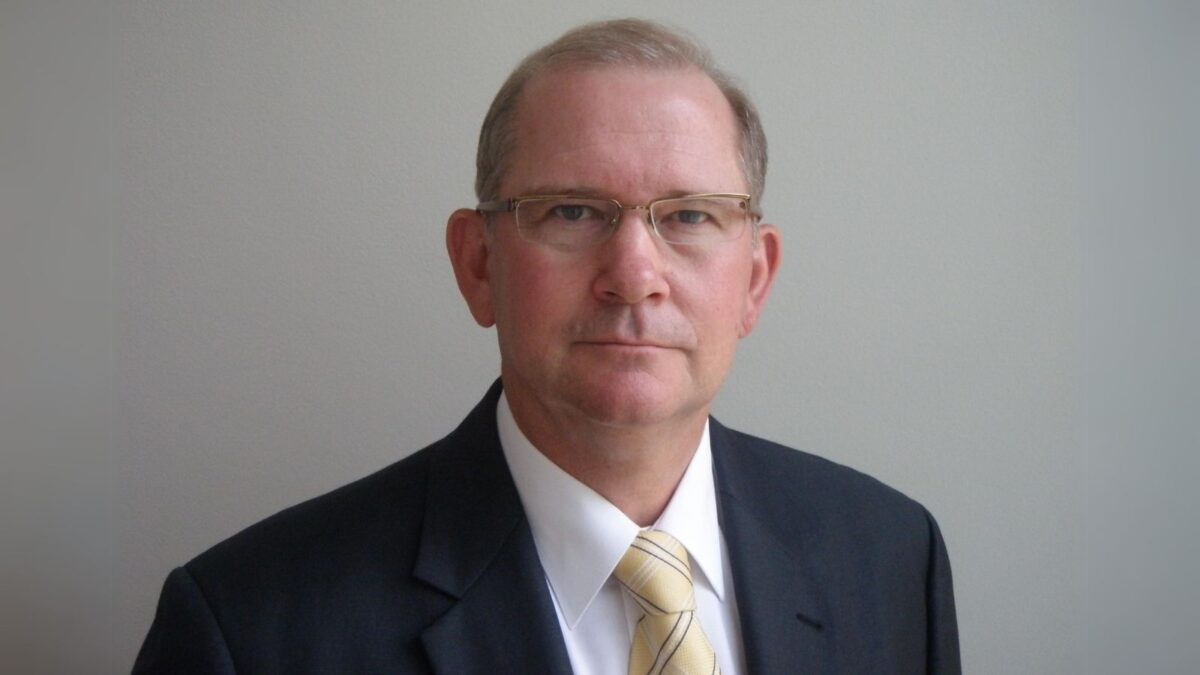No ‘white knight’ for NAS clients (but good outcomes in sight)
The exit of NAB Asset Servicing (NAS) from the local custody market after a years-long on-again off-again sales process is a “seismic shift” that has sent its former clients into the wilderness to search for a new provider that can match the level of service they’re accustomed to.
“Different segments of the market will experience that exit in different ways,” says Rob Brown, founder of CoData Solutions and former head of the Australian Custodial Services Association (ACSA). “Almost regardless of size, the rise of NAS and the bundling of services provided by all of the major custody banks has meant that super funds and fund managers can really focus on what they should be doing best – investing, and investing for their members.”
But the exit of one of those full-service providers will result in its former clients having to find more bespoke solutions to meet their needs. Per the ACSA tables, NAS held roughly $476 billion – or 11 per cent of the market – in June 2023; and while that market has now had 12 months to digest NAS’ exit, there’s still a “very large chunk” of businesses that are yet to move on.
“They can get all the services somewhere else but not necessarily from the same provider,” Brown said. “It’s a crude metaphor, but going from Coles to specialty stores like bakeries and green grocers results in the same thing, but you’ve had to devise new modes of transport, go to different check-outs, and some of them still prefer cash. In an institutional setting, its not a matter of a small personal inconvenience.”
Former NAS clients should anticipate a “decline in the knowledge base” surrounding their accounts following the departure of the previous service team and the potential inaccessibility of historical data. That highlights the important of contingency planning and knowledge retention strategies.
NAS clients cast adrift are also contending with the recurrence of an old dynamic where certain clients are considered subscale by the big global custodians and are being asked to either increase their business or move on.
“Sometimes they can look at it and say ‘We don’t have an appetite to move to that different model’; if you want to keep going the way you are that’s not really an option (because of that emerging market behaviour) – someone offering a premier bundled service doesn’t necessarily want to grow incrementally through lots of little accounts,” Brown said. “There’s a lot of overhead in onboarding a small account; some would say it’s as much overhead in onboarding a large account but you get a lot less revenue for it.”
A large-scale event like that can trigger what might be “a very personal decision”. Small super funds still have a fiduciary duty to their members and need to find a way to service them, even if it’s through a merger. But small fund managers are private businesses, and face a different existential problem.
“There’s still some very good intentions in the market overall but there’s not a white knight out there who’s going to ride in anytime now and mop all this up,” Brown said. “The former NAS clients can find a home – but the takeaway is that they will not get a like for like, but in the long-term they might get a better outcome because they’ve worked through what it is they want to achieve in their outsourcing relationships and what they can do with their own operating model to get there.”











